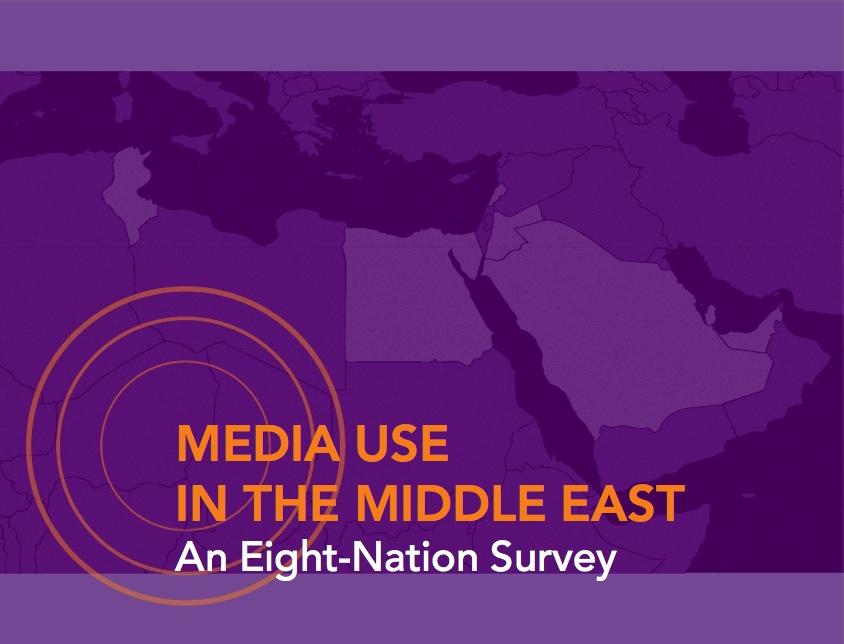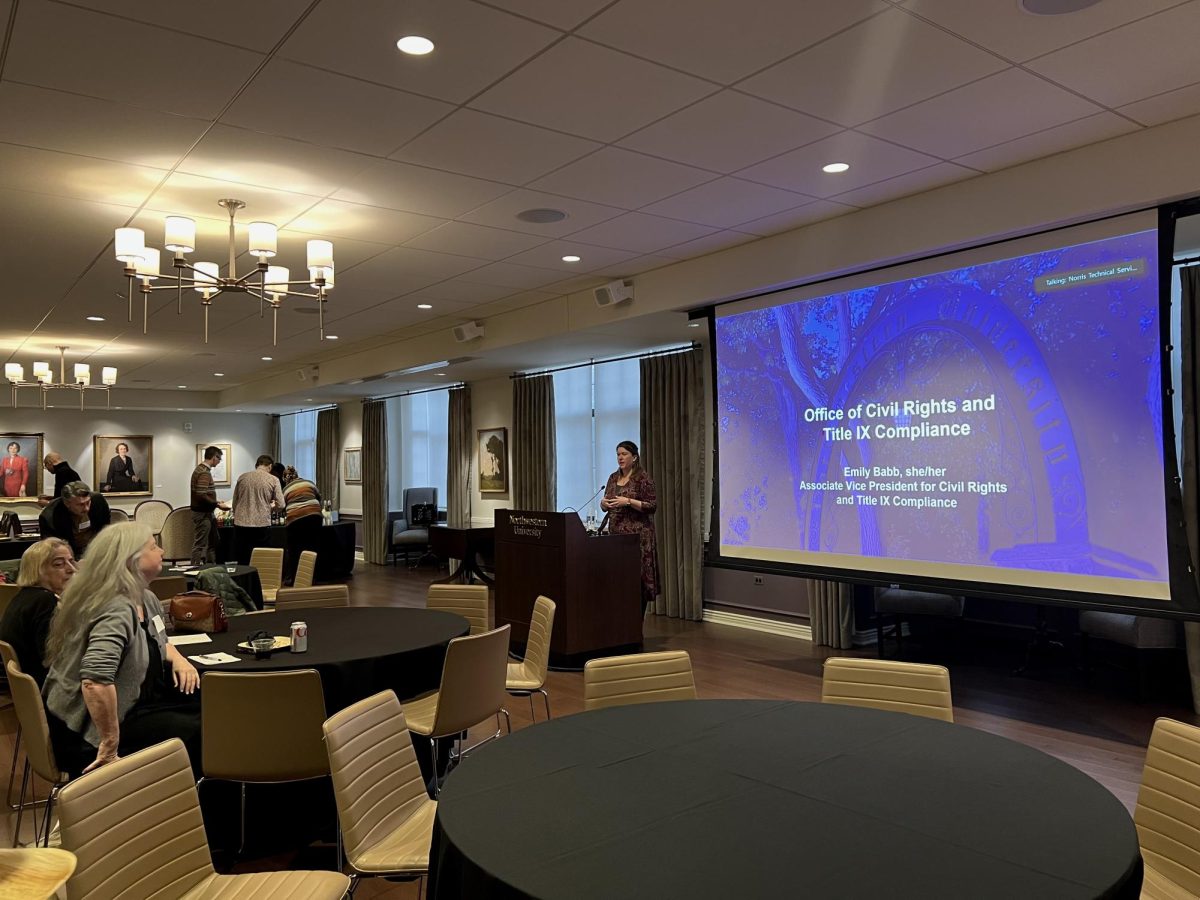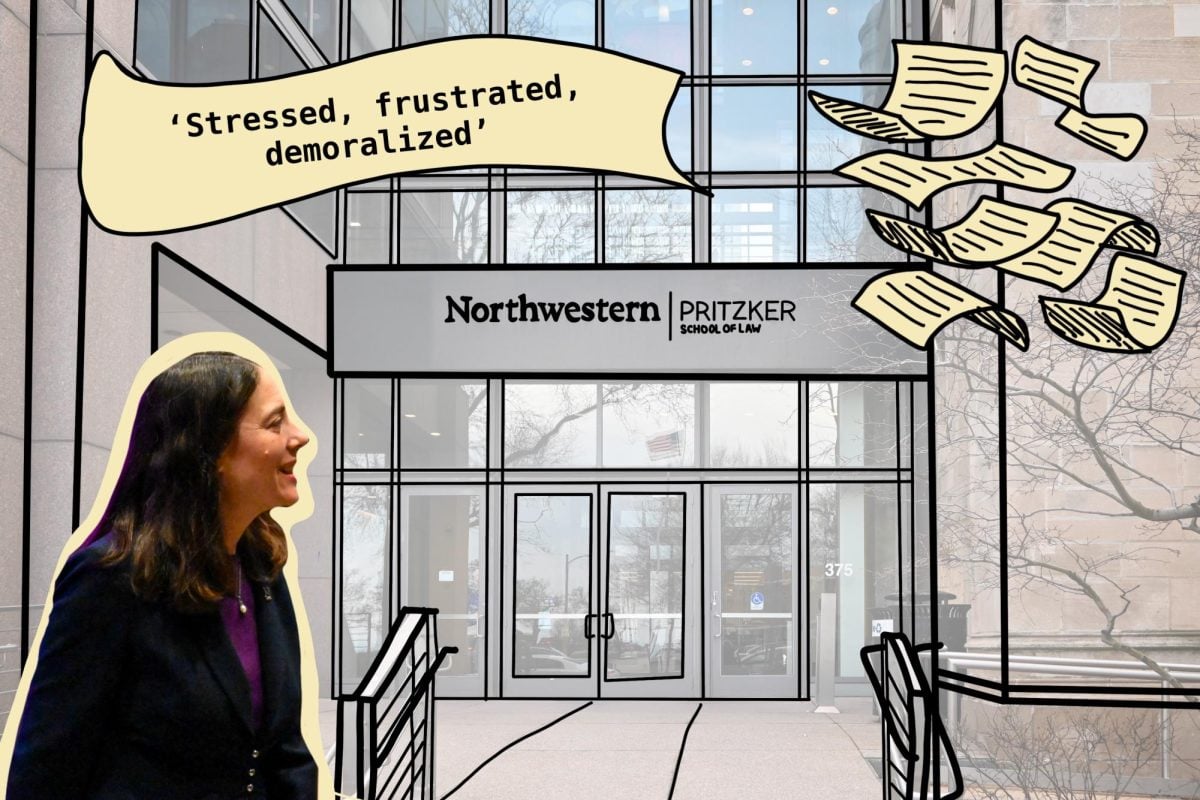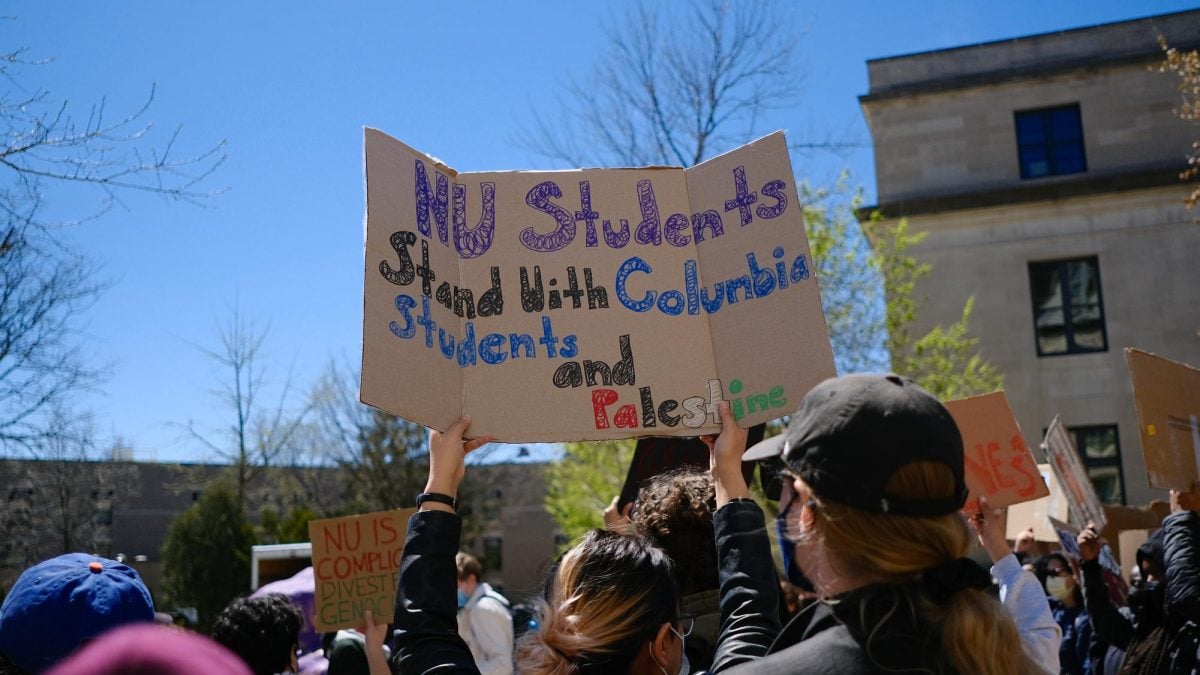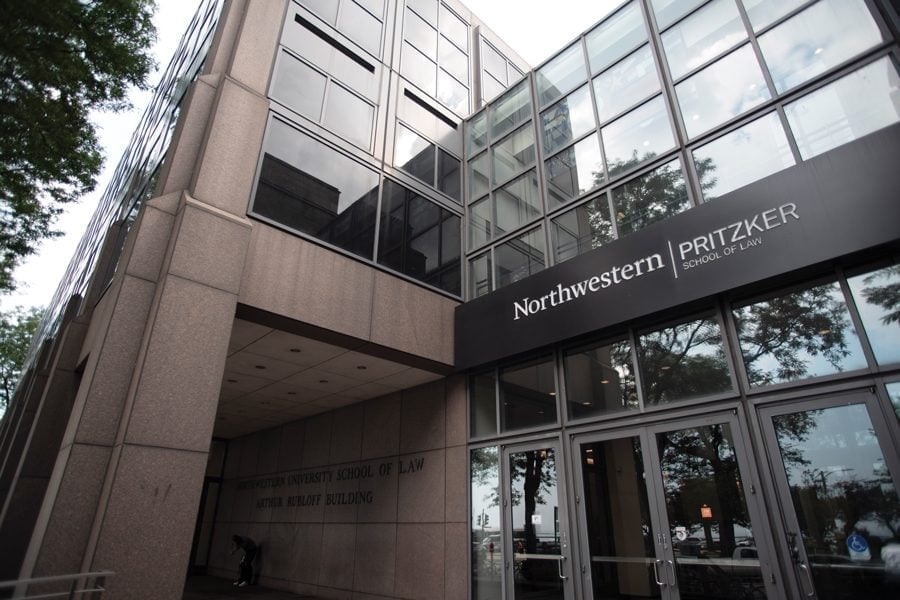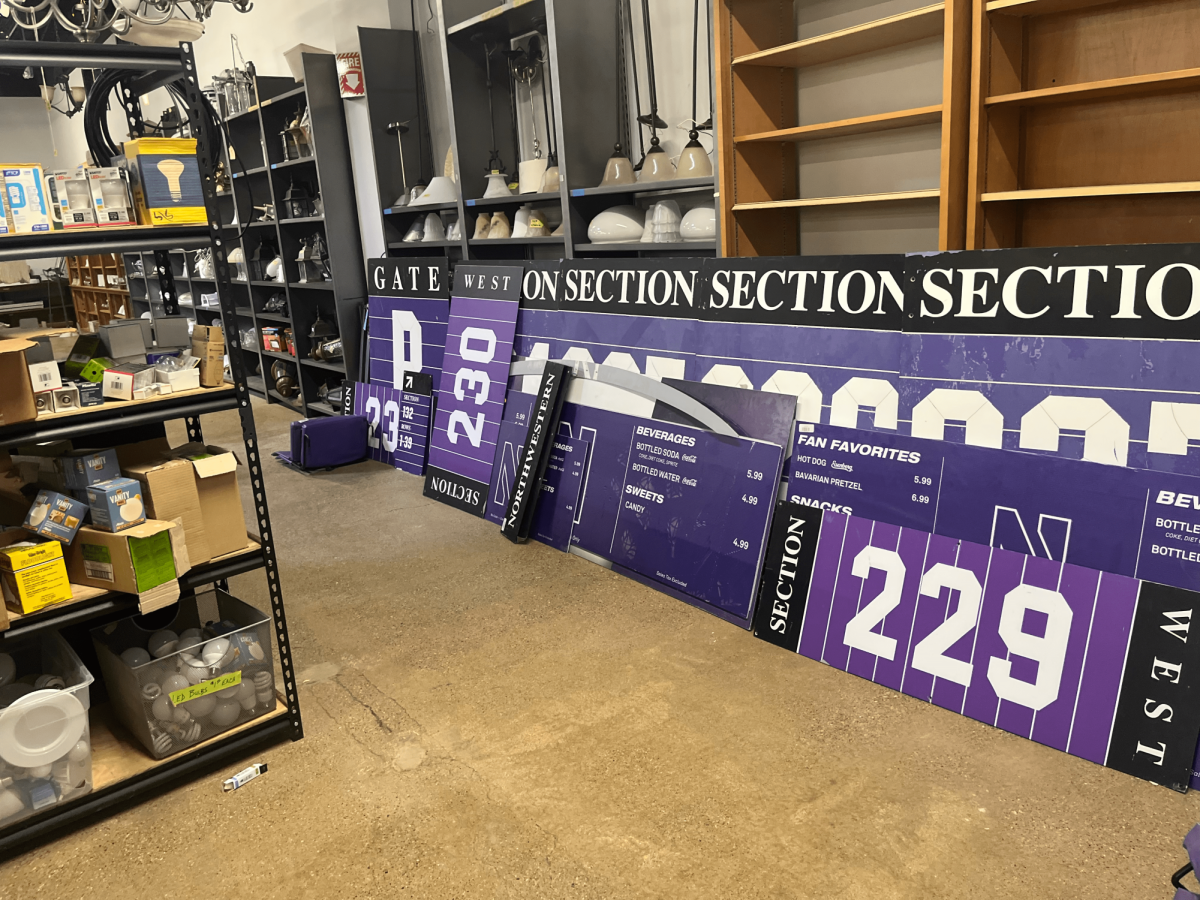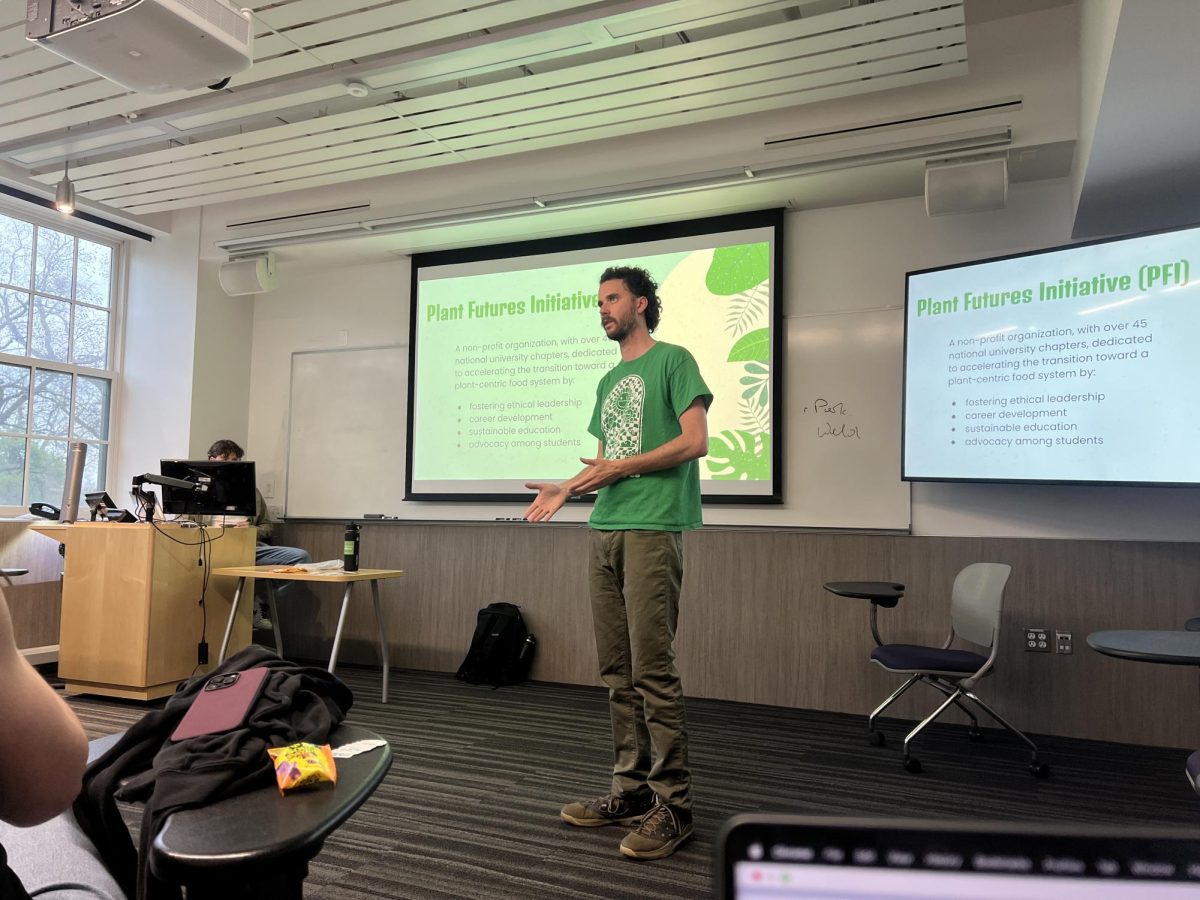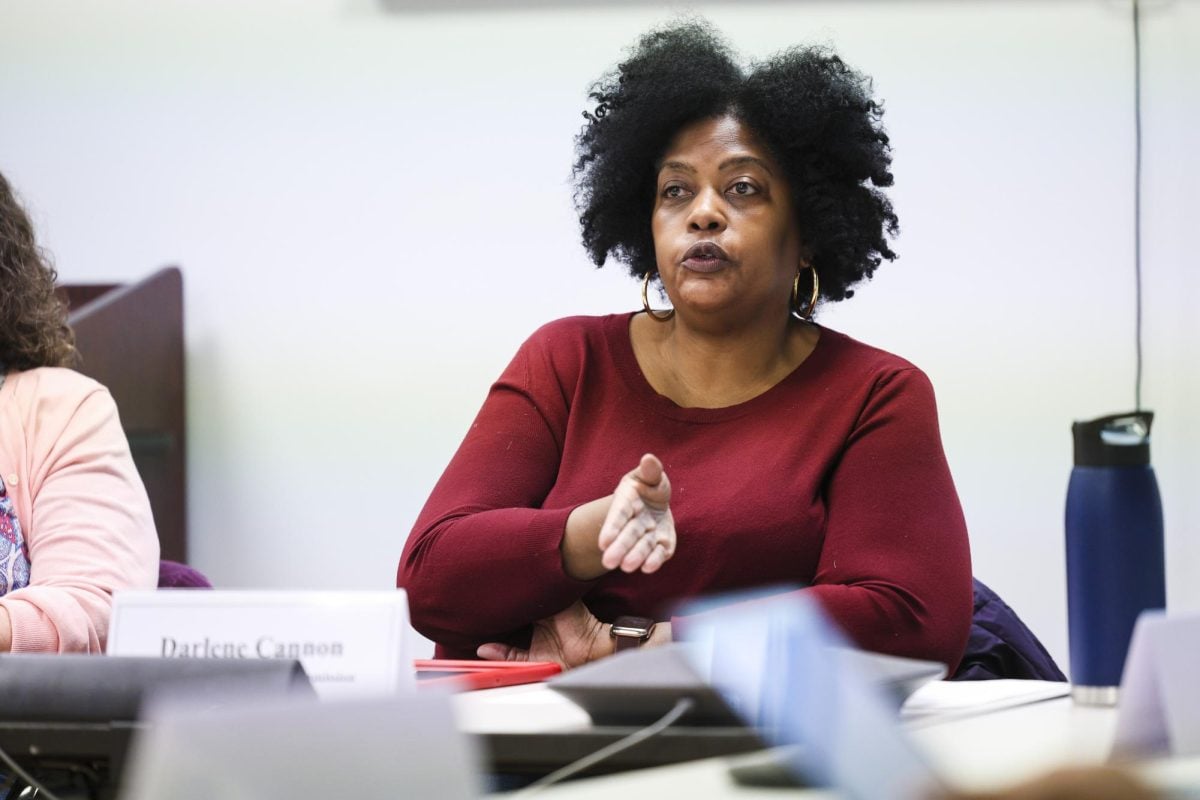Northwestern University in Qatar on Tuesday released the preliminary results of a four-month survey on media usage in the Middle East and North Africa, revealing tensions between those who want more freedom on the Internet and those who want to see it more regulated.
The findings show a range of public opinion on whether the countries surveyed are “headed in the right direction,” though participants were optimistic about their own futures. Many Web users in the region supported the freedom to express opinions online, but many also said they believe the Internet should be more controlled.
The survey was conducted by NU-Q Dean Everette Dennis, journalism Prof. Justin Martin and Robb Wood, media and external development strategist, in association with market research firm Harris Interactive. It polled more than 10,000 respondents across eight countries, including Bahrain, Egypt, Jordan, Saudi Arabia, Lebanon, Tunisia, the United Arab Emirates and Qatar.
“While most respondents feel people should be able to state their opinions online no matter what those opinions may be, they also express caution about using the internet to speak frankly about political affairs or public issues,” the researchers wrote in their final report. “Adding to this apparent paradox is the fact that many – including younger adults – say that they would like to see more regulation of the internet.”
A majority of those surveyed perceived the quality of news about the region to have risen over the past two years, though in some countries – particularly Tunisia and Lebanon – skepticism was more persistent. The survey also found adults in the “volatile” nations of Tunisia, Lebanon and Egypt are more critical of the credibility of journalism in their own country, while those in Jordan, Saudi Arabia and the UAE were more complimentary of their news media.
Although The Guardian, in its preview leading up to the study’s release, described the results as revealing “pessimism and paranoia,” Dennis disagreed with the notion the results are discouraging.
“You’re talking about a part of the world that is just going online and becoming part of a wireless community,” Dennis told The Daily on Wednesday. “The fact that they’re all not proceeding at the same pace is more a cause for optimism for those states that are well-funded and that have the deepest internet connections and the best connectivity, and less so in … the volatile areas like Tunisia where there’s poverty and the area of penetration is much lower. You would kind of expect that it would not be as strong there.”
Among its other findings, the preliminary results showed that television was the most popular medium of media use in the region and the most important source for information about current events. The Internet was found to be a close second, and its use eclipsed that of television among younger respondents. Eighty-two percent of respondents under 25 used the Internet, while just 37 percent of those over 45 did. There was also a less pronounced but significant gender gap, with 71 percent of men saying they used the Internet compared with 60 percent of women.
A strong majority of respondents expressed optimism about the Internet as a source of general information and learning, the report said, while just under half believed this ability translates into exercising more political influence.
The approximately 140-question survey was administered between Dec. 26, 2012, and April 18, 2013. It was conducted face-to-face in all countries but Qatar, where it was administered over the phone.
“We’re excited about this,” Dennis said. “We think it’s the strongest piece of research in terms of quality, number of respondents and the response rates that’s really been done in the region. It’s just what we wanted to do to make Northwestern’s name one that’s associated with quality work, and I think this helps us along in that process.”
Summer reporter Maddie Elkins can be reached at [email protected]. Follow her on Twitter at http://www.twitter.com/MadeleineElkins.

